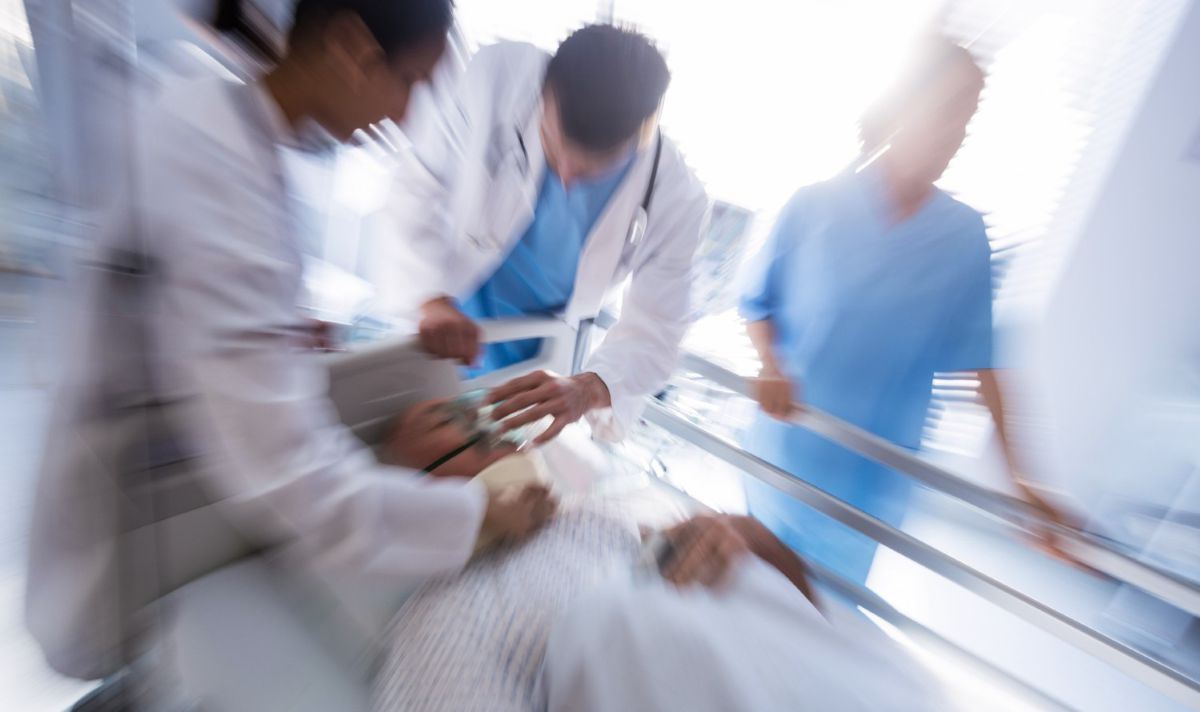
Emergencies hit unexpectedly. In the case of a natural disaster, medical crisis, accident, or fire, individuals' reactions in the first few minutes can determine whether they are safe or face tragedy. During training, preparedness and instinct are crucial, but common errors frequently impede effective response. Grasping these mistakes can assist you in remaining composed, making prudent choices, and safeguarding yourself and those around you amid tense circumstances.
This blog examines the common errors people often commit in emergencies and offers guidance on steering clear of these mistakes.
Why it occurs: Fear, confusion, and adrenaline can overpower rational thought.
Why it’s dangerous: Panic obscures judgment and results in hasty choices, overlooked actions, or complete immobility.
Why it happens: Individuals frequently presume that another person will contact emergency services, or they delay calling to evaluate the situation first.
Why it's dangerous: When emergencies arise, every second counts. Delaying a call to emergency services (such as 112 in India or 911 in the US) can result in the loss of crucial minutes during medical crises, fires, or acts of violence.
Why it poses a risk: Initial alerts are usually nuanced but vital. To ignore them brings escalation.
Why it occurs: A lot of people presume they’ll never require it, or they forget what they were taught in previous classes.
Why it poses a danger: Fundamental first aid measures such as CPR or treating wounds can be life-saving until the arrival of professional assistance.
Why it occurs: It’s simple to miss what you don’t require… until you do.
Why it poses a danger: In the event of disasters such as earthquakes, floods, or power outages, the absence of essential supplies can exacerbate the situation.
Ensure it's easy to access at home, and think about getting one for your car as well.
Why it occurs: During emergencies, people on the sidelines frequently move to assist, even if they lack training.
Why it's dangerous: It can:
The reasons for this occurrence: Refusal, clinging to belongings, or not recognizing the danger's severity.
Why it poses a danger: Remaining in place during fires, floods, or hurricanes puts one at risk of getting trapped and dying.
Who is impacted: Kids, senior citizens, people with disabilities, and animals.
Why it's dangerous: They might lack the means to flee or express their needs.
If you get separated, have a plan for emergency contacts.
Why it occurs: During the era of social media, individuals frequently disseminate information that hasn’t been verified immediately.
Why it's dangerous: It can induce panic, lead others astray, or postpone real assistance.
Why it occurs: Individuals frequently depend only on their mobile phones and fail to commit numbers to memory.
Why it poses a risk: If you experience network problems or phone lockouts, assistance may not be accessible.
Commit to memory or record:
Why it occurs: Individuals do not recognize the power of flowing water.
Why it's dangerous:
Why it happens: After their creation, emergency plans tend to be overlooked or disregarded.
Why it's risky: When feeling pressured, individuals might forget procedures that they haven’t rehearsed.
Why it occurs: In a state of panic, individuals frequently overlook crucial documents and their ID.
Why it's dangerous: Absence of documentation can make it more difficult to access assistance, file insurance claims, and verify identity.
Keep photocopies or digital scans of:
Why it occurs: Individuals do not foresee power failures or communication breakdowns.
Why it's dangerous: Phones are essential for reaching out for assistance, finding your way, and getting notifications.
Related: What to Expect During an Emergency Room Visit
While emergencies cannot be predicted, your reaction can be prepared for. Steering clear of these frequent errors starts with being aware and getting ready. Maintaining composure, vigilance, and preparedness can greatly enhance outcomes for you and others nearby.
Set it as a family goal to acquire first aid skills, assemble an emergency kit, practice safety procedures, and keep up with information. When the unforeseen happens, these minor deeds can have results that save lives.
During emergencies, the right support can be crucial. At L H Hiranandani Hospital, our skilled emergency care team is ready to act with speed and effectiveness, guaranteeing prompt treatment and caring assistance when each moment is critical. Equipped with first-rate facilities and services available at any hour, we are dedicated to providing outstanding care.
A: Essential items include water, non-perishable food, a flashlight, batteries, a first aid kit, medications, copies of your ID, and a phone charger.
A: Breathe deeply, concentrate on a single task at once, and keep in mind the steps you planned beforehand. Practicing drills contributes to the development of mental preparedness.
A: Contact emergency services without delay and give vital details, where it is happening, what kind of crisis it is, and how the person involved is doing.